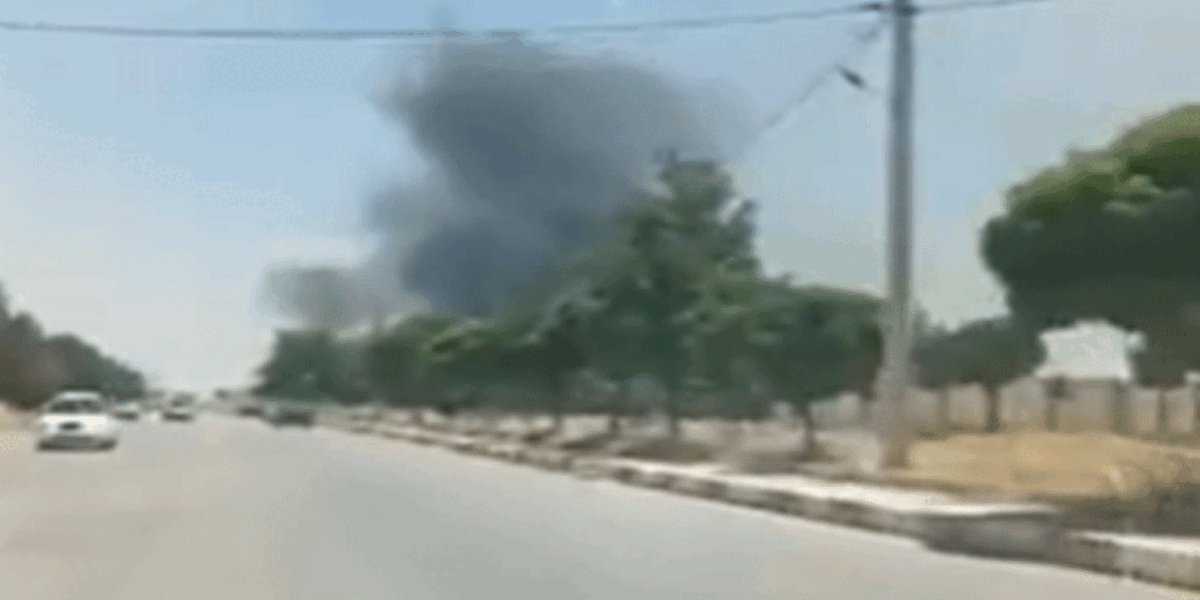The conflict between Iran and Israel reached a new and alarming level late Sunday as Israeli airstrikes reportedly targeted three key airports near Tehran, including Mehrabad Airport, Karaj Airport, and Imam Khomeini International Airport.
Residents across the capital reported multiple loud explosions, triggering widespread fear and panic. Witnesses described two powerful blasts followed by the activation of Iran’s air defense systems, lighting up the skies over Tehran.
The Israeli strikes are the latest in a series of retaliatory attacks between the two archrivals, marking a significant escalation by targeting Iran’s critical air and transport infrastructure.
Read More: Tehran Warns It Will Target Countries Supporting Israel
In response, Iranian government spokesperson Fatemeh Mohajerani appeared on state television to announce a series of precautionary steps. “All metro stations and mosques in Tehran will remain open tonight as public bomb shelters,” she said, urging citizens to stay alert and prioritize safety.
The measure reflects growing concern over civilian safety, as sirens and emergency alerts echoed through Tehran throughout the night.
Read More: Iran Confirms Death of Two Generals in Israeli Airstrikes
Eyewitnesses described a city gripped by fear and uncertainty.
“This level of bombardment is unprecedented. The city feels like it’s on the brink,” said one resident, requesting anonymity due to security concerns.
Authorities have not yet released official casualty or damage figures, though unconfirmed reports suggest significant infrastructure damage and suspended flight operations at all three targeted airports.
The latest wave of attacks comes as both Iran and Israel continue a dangerous cycle of military retaliation that began earlier this month following Israeli airstrikes that killed senior Iranian commanders.
The international community has repeatedly called for de-escalation, but the continued targeting of strategic facilities such as airports may push the region closer to a broader conflict.


